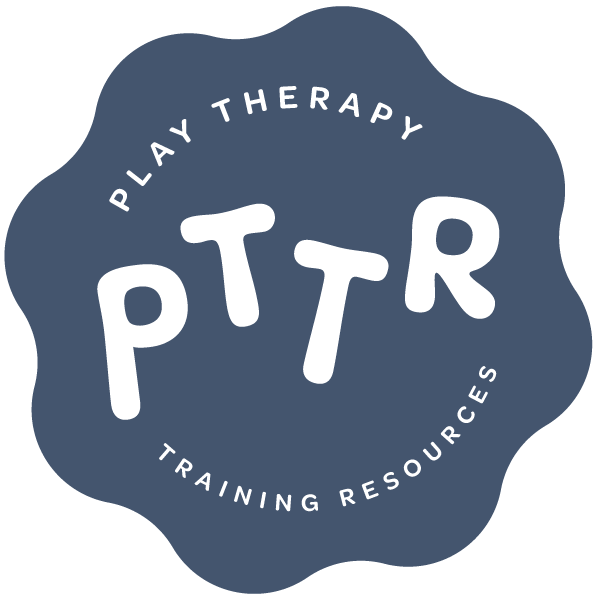
08 Apr Ethical Considerations in Play Therapy
Description
Play therapists face complex ethical dilemmas involving both children, their guardians, and other caregivers. Moral decision-making models; considerations, goals, and models for inclusion, diversity, and equity; research; and APT publications will be applied to ethical vignettes experienced in play therapy practice.
With an advocacy role in mind, participants will apply play therapy best practices with a goal of supporting the ongoing growth and development of children in play therapy.
Participants will select from five moral decision-making models to apply to their personal play therapy practice. Participants will apply their chosen moral decision-making model; incorporate three considerations, three goals, and models for inclusion, diversity, and equity; APT publications, Play Therapy Best Practices© and Paper on Touch©️, along with research to 15 play therapy vignettes for open discussion.
Special emphasis will be given to the following areas in the play therapy vignettes: confidentiality and disclosure to guardians; considerations before touch is implemented as a part of treatment; coordination of care with other professionals; providing services to multiple family members; guardians involved in high conflict divorce; differing values and biases of guardians and children in play therapy regarding inclusion, diversity, and equity; and telehealth in play therapy.
Cost:
$105.00
Learning Objectives:
- Select from 5 moral decision-making models to implement in professional play therapy practice
- Evaluate 3 considerations and 3 goals of inclusion, diversity, and equity for ethical dilemmas in play therapy
- Apply moral decision-making models; state and discipline guidelines; APT’s guidelines; research; and knowledge regarding inclusion, diversity, and equity to 15 play therapy ethical vignettes


